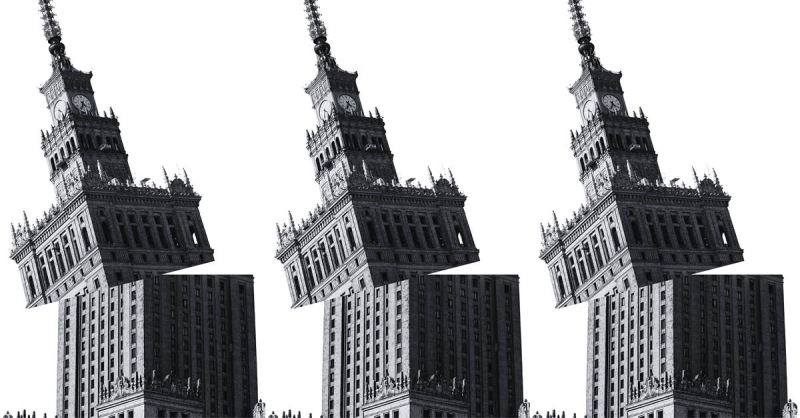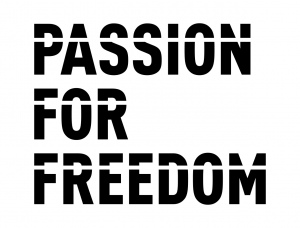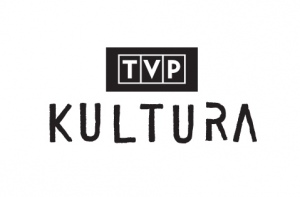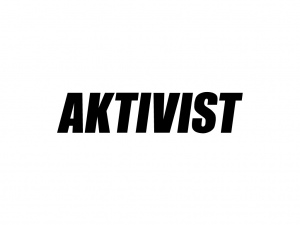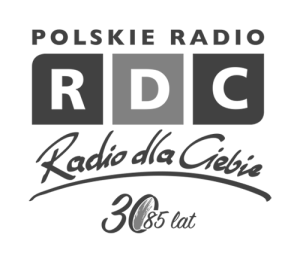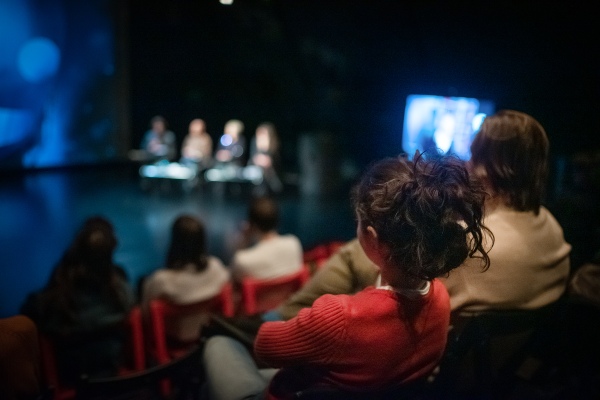Cancel Russian Culture!?
Russia’s violent war on Ukraine still continues. Since the beginning of the invasion on 24 February 2022, there has been strong condemnation from the majority of nations across the world, with sanctions imposed on Russia. The USA, Germany, Great Britain, Norway, Denmark, and Poland are the top six countries pledging the most military aid to Ukraine. Poland is the third in the world pulling its weight in delivering aid to Ukraine and has taken in almost 1.5 million Ukrainian refugees.
Political and emotional sentiments against Russia, past and present, remain strong, and the war has spilled over into the culture war – there have been calls for boycotts and cancellations of past and contemporary Russian artists and anyone sympathetic to Russia.
For example, cancelrussia.info does not mince its words and writes that Russian culture is a colonialist culture and no support whatsoever should be given to Russian artists, writers, or musicians and their exhibitions, publications, or concerts:
“Russian culture is expansionary and imperialistic in nature. For generations, it has nurtured superiority over other nations, which were first subjugated by the Russian Empire and later by the Soviet state. The Russian Federation has chosen to continue this unfortunate practice.”
The Director General of the Ukrainian Institute, Volodymyr Sheiko, argues that cancelling Russian culture is a means of survival. He is highly critical of “the metaphor of the ‘great humanistic Russian culture’”, which he argues ended on 24 February 2022 when the first bombs fell on Ukrainian cities:
“However, public sentiment for Tolstoy, Dostoevsky, Shostakovich or the so called ‘Russian avant-garde’ is still very much alive in the minds of millions of people all over the world who believe that culture can be separated from politics and that responsibility for the war in Ukraine can be placed on Putin alone.”
There have been calls to close down Russian novelist Mikhail Bulgakov’s museum in Kyiv, owing to his known antipathy to Ukrainian nationalism, and for glorifying the Russian tsar and monarchy. In Poland, performances of Mussorgsky’s“Boris Godunov” by The Polish National Opera were cancelled in April 2022.
There is nothing new about boycotting, isolating, and sanctioning Russian culture. As Mikołaj Gliński writes, there are lessons to be learnt from the nineteenth century, when Poland was partitioned and Warsaw was ruled by the Russian Tsar. In his essay Cancelling Russian Literature, Polish Style! — Lessons from the 19th Century, he cites many creative strategies deployed by Polish writers who intentionally sidelined and pushed Russian culture out of their imagination and literary output – a conscious decolonising of the imagination.
Some musicians, filmmakers, and artists who proclaim to be anti-war or neutral are also caught in the cross-fire as they are viewed as apologists for Putin by contributing to the Russian propaganda war machine. For instance, the cult Danish filmmaker Lars von Trier was criticised for posting “RUSSIAN LIVES MATTER ALSO!” on his Instagram page. In the UK, the Saatchi Gallery cancelled a fundraising exhibition of Ukrainian art when it transpired the show was connected to a Russian banker and patron of the arts.
Is it right to cancel the culture of the aggressor and the invader in times of military aggression, imperial and colonial power, and invasion? Can we separate art from war and politics? Or, as suggested by a fridge magnet created for the Metropolitan Opera in New York City, should we “Cancel Putin, Not Pushkin”?
Please join us for what promises to be a passionate and nuanced discussion with two esteemed guest speakers.
- Curators
-
Agnieszka Kolek
-
Manick Govinda
-
